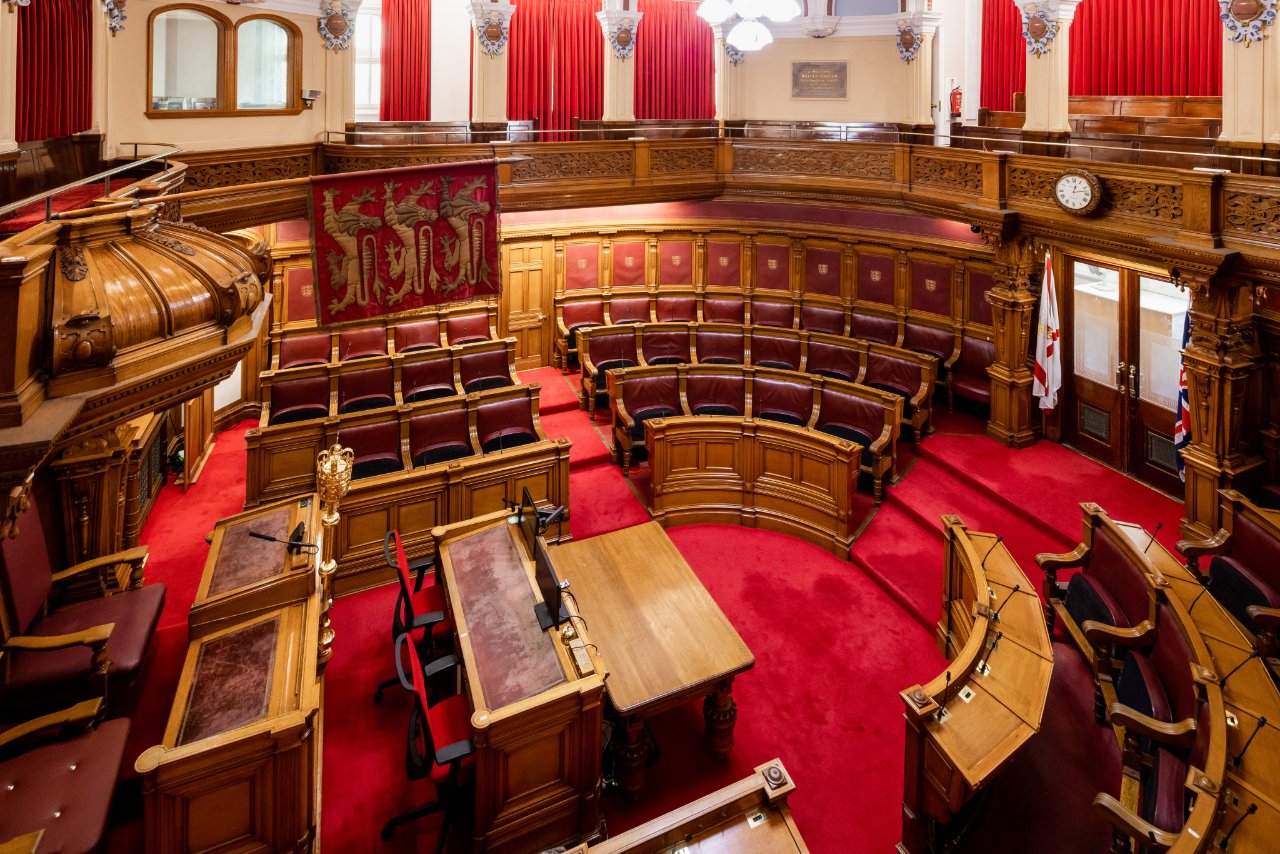
11 October 2024
Standing Orders for the States Assembly are not regular bank payments, or a regular order for coffee or anything else for that matter. The Standing Orders when it comes to the Jersey States Assembly, are the rules which govern the way in which it conducts its business. We also have laws which determine how Jersey governs itself and the powers and make-up of the States Assembly, but the Standing Orders are just as important as they determine the procedures and rules that help business run smoothly.
Without these rules it would be extremely difficult to manage 49 individual Members all wanting to propose items for debate and talk in the Chamber.
Why is Procedure so Important?
I am biased of course as understanding and ensuring the States’ Standing Orders are followed is part of my job, as Greffier of the States, but nonetheless, there’s no getting away from the fact that they enable effective decision making for the benefit of all of us. The public sometimes question why States Members are debating their own rules and regulations, instead of matters which affect all Islanders, but without these rules it would be extremely difficult to manage 49 individual Members all wanting to propose items for debate and talk in the Chamber. Our Standing Orders were redrafted in 2005 when Ministerial government was introduced. They’ve been tweaked and changed since then to be more effective and to keep up with our ever-changing world, but they do require constant review. The Privileges and Procedures Committee, which is made up of States Members, are the elected representatives who have responsibility to continually review Standing Orders and propose changes to the Assembly. My team and I are here to ensure the rules are interpreted correctly.
What do they cover?
Standing Orders cover the full range of States Assembly business and many of the practical aspects of the meetings, such as their frequency or how the agenda is compiled. They also cover how Members should address each other and the language to be used in the Assembly. It’s important that Members behave respectfully towards each other, especially as some debates can get quite heated and those clear guidelines and rules provide boundaries. There are also Standing Orders which determine when and how propositions can be put forward and debated and how questions can be asked.
If you see that Members are debating whether a Standing Order should be changed or not, remember that without effective procedures, the Assembly could not operate efficiently
Why is Change needed?
The Standing Orders evolve and change with each Assembly, particularly as matters arise which highlight gaps in the provisions, or something happens for which there isn’t a clear way forward. The recent Vote of No Confidence is one such example. The rules governing how and who can stand for election as Chief Minister, were designed for the period following a public election. We had never had to change Chief Minister mid-way through a term of office before. There have been questions raised as a result, in relation to the extremely tight timeframe allowed for a prospective candidate to submit their nomination papers. If Members are unhappy with any of the current Standing Orders, then they can suggest changes to improve them; they are the Assembly’s rules.
I think that we may need to conduct a full review of the Standing Orders soon, as they’ve been tweaked over the years and those incremental changes may mean that other less-used Standing Orders have been ‘left behind’. That is certainly evident when we appoint Members to certain positions as some of those are chosen by Members with a recorded (open) vote whilst others are still ‘secret’ votes.
If you see that Members are debating whether a Standing Order should be changed or not, remember that without effective procedures, the Assembly could not operate efficiently and so some time spent ensuring the ground rules are fit for purpose, is well spent and ultimately ensures that democracy can thrive.
